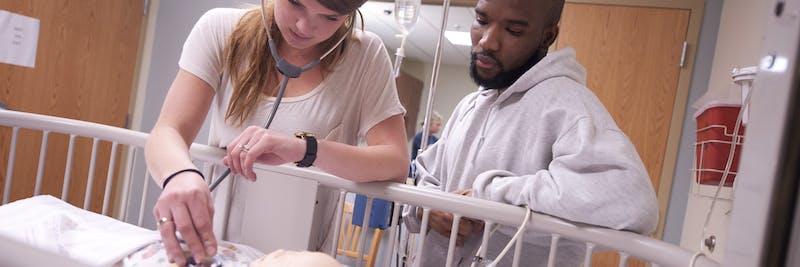Health-related quality of life and subjective neurocognitive function three months after coronary artery bypass graft surgery
Document Type
Article
Abstract
Purpose: We compared health-related quality of life (HRQL), including patient-perceived neurocognitive function at preoperative baseline and 3 months after coronary artery bypass (CABG) surgery. Design: The design was prospective and comparative. Setting: The study took place in the cardiovascular units at two large metropolitan Midwestern hospitals. Sample: The study included a consecutive convenience sample of 64 patients who underwent CABG. Methods: Preoperative baseline and mailed survey at 3 months post-CABG included the Short-Form 12 (subjective health-status), State Trait Anxiety Inventory (state anxiety), Center for Epidemiological Studies of Depression (depressive symptoms), and Cantril Ladder of Life Satisfaction (global life satisfaction). Investigator-developed questions assessed satisfaction in life domains, cardiac symptoms, and frequency of symptoms related to neurocognitive function. Results: Significant improvements were demonstrated 3 months postoperatively, including the Physical Component Summary, Mental Component Summary, depression, anxiety, satisfaction with social and mental life domains, and patient-perceived neurocognitive function related to memory and concentration. Conclusions: Patients reported improvements in HRQL measures, including two of three subjective neurocognitive measures. Health care providers facilitate preparation for the CABG recovery trajectory by discussing expected post-hospital experience and potential postoperative variations in emotions and neurocognitive function. © 2008 Mosby, Inc. All rights reserved.
Department(s)
Nursing
Publication Title
Heart and Lung: Journal of Acute and Critical Care
Volume
37
Issue
3
First Page
161
Last Page
172
Publication Date
5-1-2008
DOI
10.1016/j.hrtlng.2007.05.004
ISSN
01479563
PubMed ID
18482627
Recommended Citation
Sandau, Kristin E.; Lindquist, Ruth A.; Treat-Jacobson, Diane; and Savik, Kay, "Health-related quality of life and subjective neurocognitive function three months after coronary artery bypass graft surgery" (2008). Nursing Faculty Publications. 31.
https://spark.bethel.edu/nursing-faculty/31


